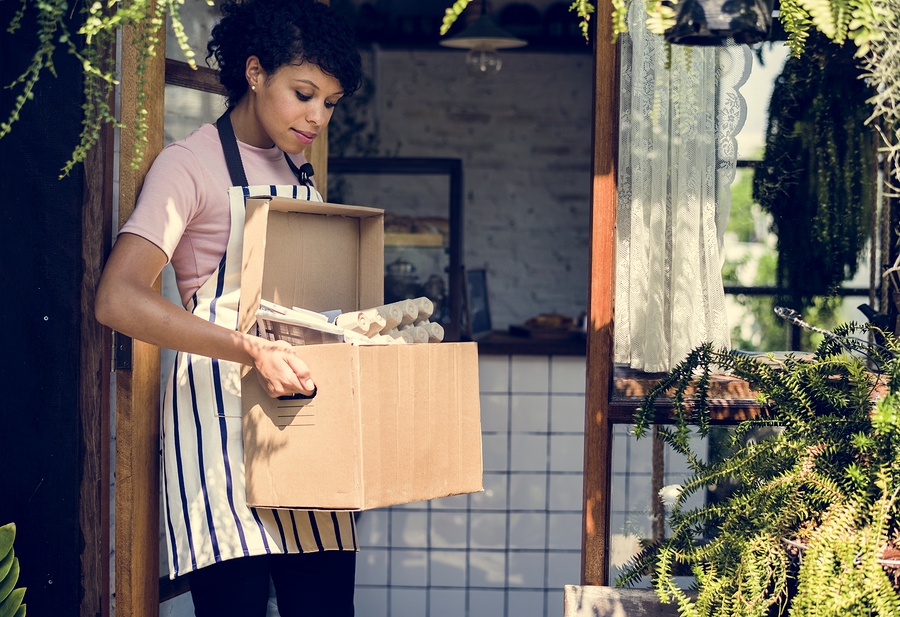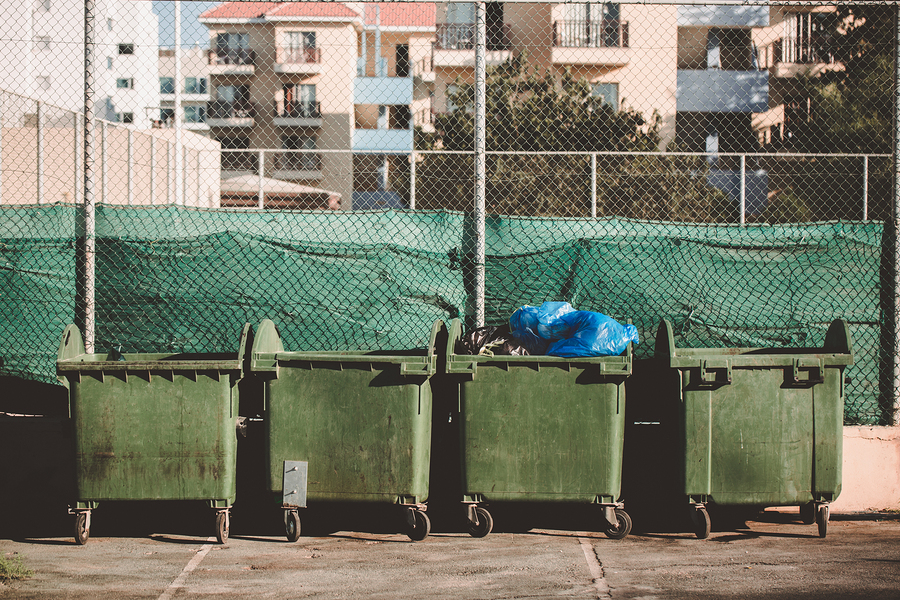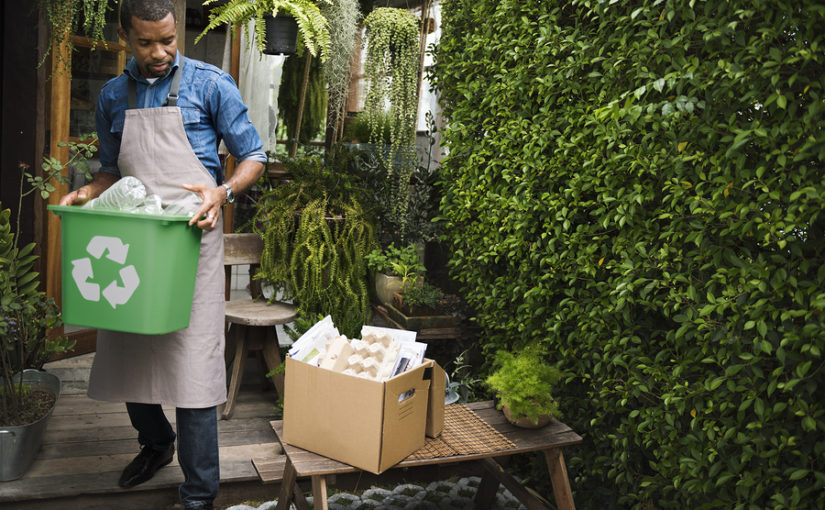Reducing waste is one of the most direct ways we can all help protect the environment, but some waste is inevitable – so the next thing to do is recycle as much household waste as possible.
To do this, it’s smart to make recycling part of your everyday life, so that nothing goes to landfill that doesn’t need to.
Here are ten quick and easy ways to tweak your lifestyle so you recycle as much domestic waste as possible, without spending too much extra time and effort on doing so.
1. Know what can be recycled
First of all, make sure you know what domestic waste can be recycled, including which types of plastic your kerbside collection will accept.
2. Keep it separate
Don’t let different types of waste cross-contaminate each other. If your wheelie bins allow mixed plastic, metal and glass, that’s great, but try to keep paper separate, clean and dry, for instance.
3. Collect it immediately
With the best of intentions, you’re unlikely to go through mixed waste and separate it later – and as mentioned above, this can contaminate different recyclable waste anyway.
Have separate bins, a single kitchen recycling station, or small caddies in each room – one for food waste, one for packaging and one for general waste in the kitchen, but consider having a separate bin just for paper in other rooms too.
4. Bin day
Put your bin schedule where you can see it – the fridge door is a likely place – and make sure you know which bins are due for collection this week, so you can get any recyclables outside to the ‘big bin’ and wheel it out to the street in time.
5. Know where to take it
If you don’t have kerbside recycling or certain types of waste are not covered, know where your nearest recycling point is – this could be large communal bins in a car park, or a council tip.

6 Large amounts of recyclables
Home refurbs and renovations can generate large quantities of recyclable waste, and garden landscaping can create a heap of biological waste too – you might want to hire a skip to get rid of recycling if there’s a lot of it.
7. One-off collections
Some items, like large household electricals (washing machines, fridge-freezers etc) need special disposal due to the metals and other materials in their construction – contact your council or skip hire provider to find out how to arrange for this to be done.
8. Don’t hoard
It’s always tempting to hoard old appliances, especially if they’re still in good working order, but if you’re never going to use it again, sell it on, donate it to charity or if it’s obsolete, send it off so the valuable materials inside it can be recycled and put to good use.
9. Other resources
Try to look at resources other than your household waste and think about cutting down or reusing where possible; don’t leave appliances on standby if you won’t need them for a while, try to use less water, and if you can, reuse water from the house to keep the flowerbeds wet during a dry spell.
10. Close the loop
We’ve talked about reducing your waste and increasing your recycling, but one final thing you can do is to buy recycled where possible – encouraging the businesses you buy from to prioritise recycled products and make sure that the resources you collect are put to good use in their next life.

